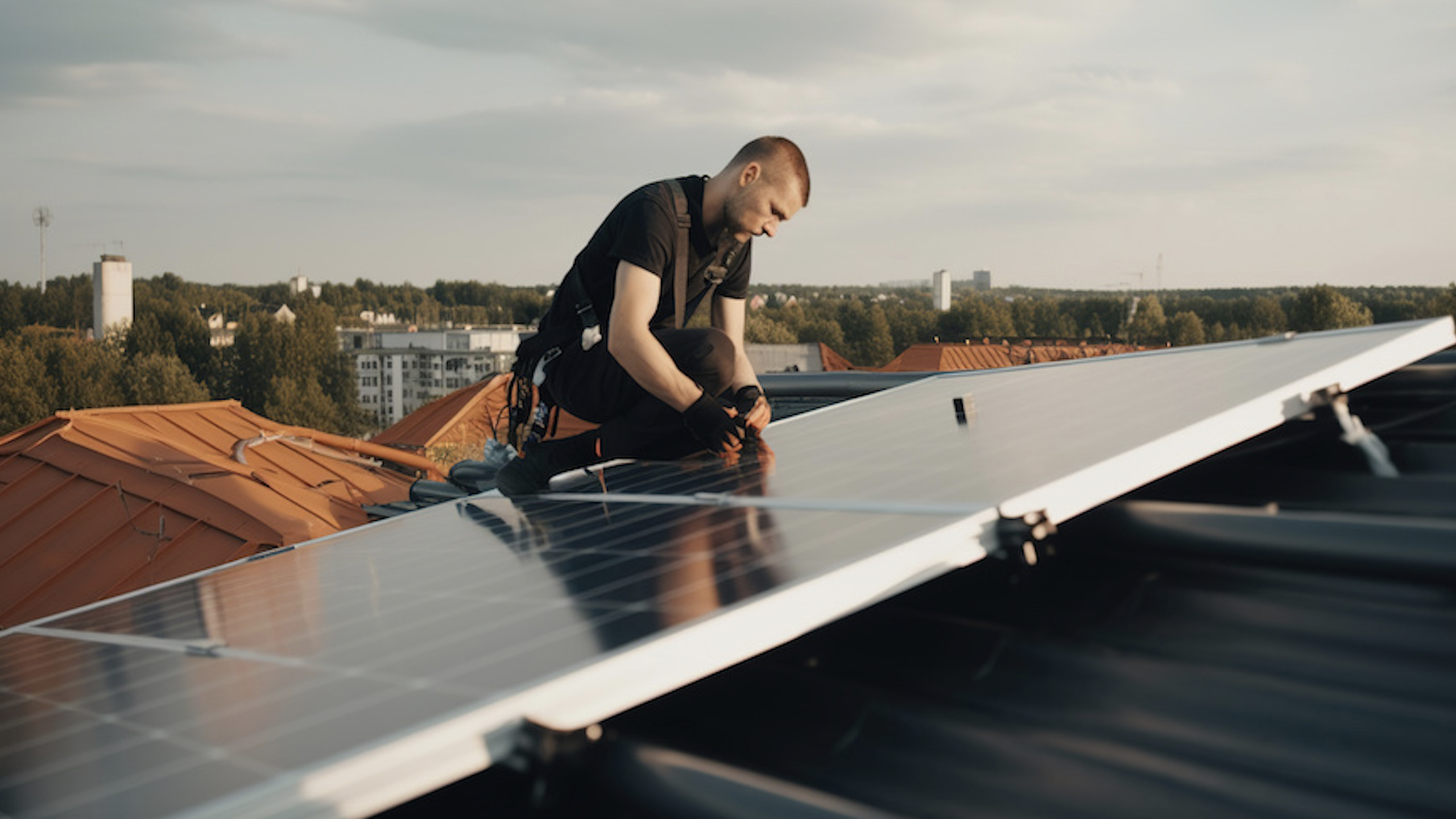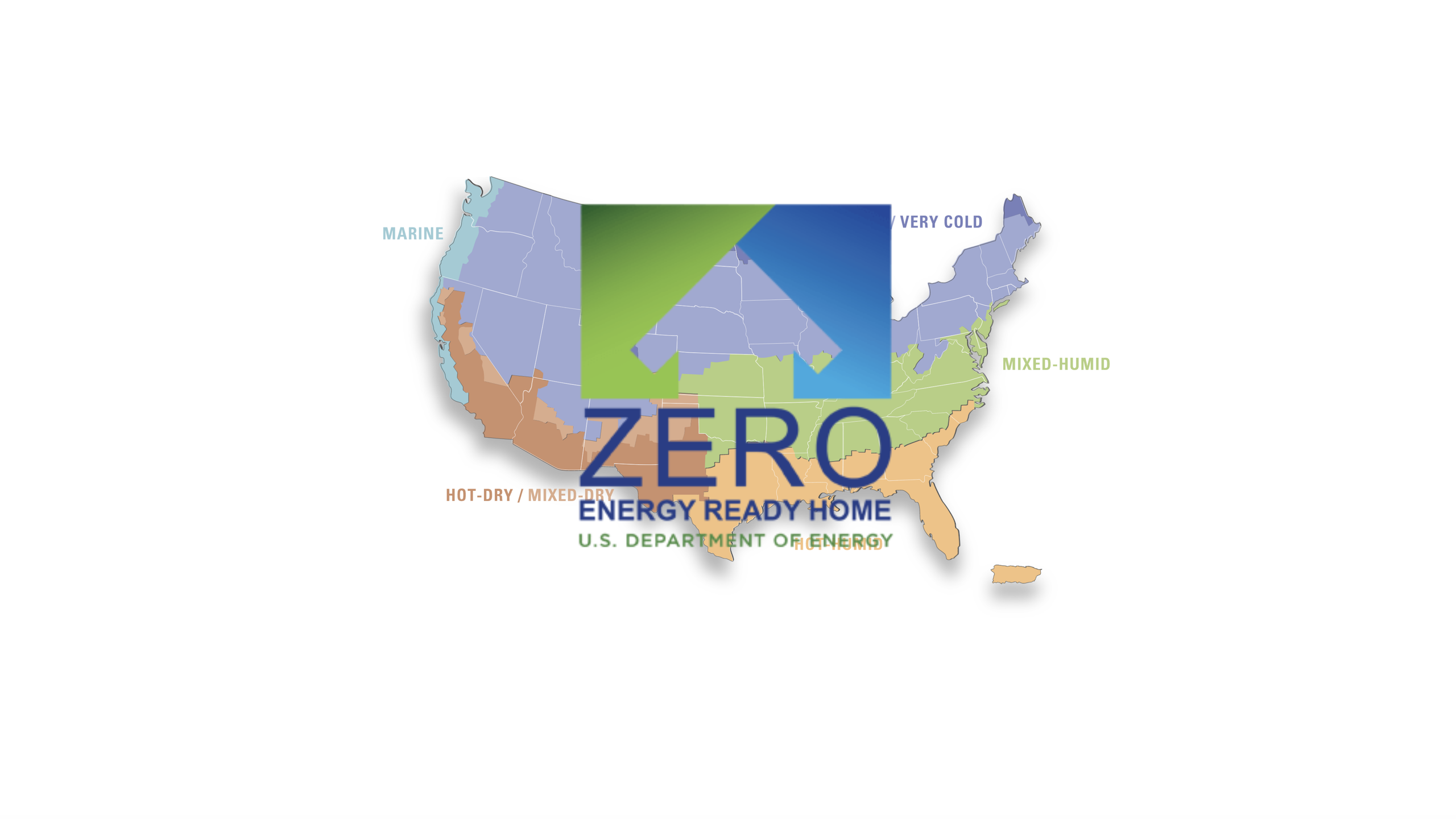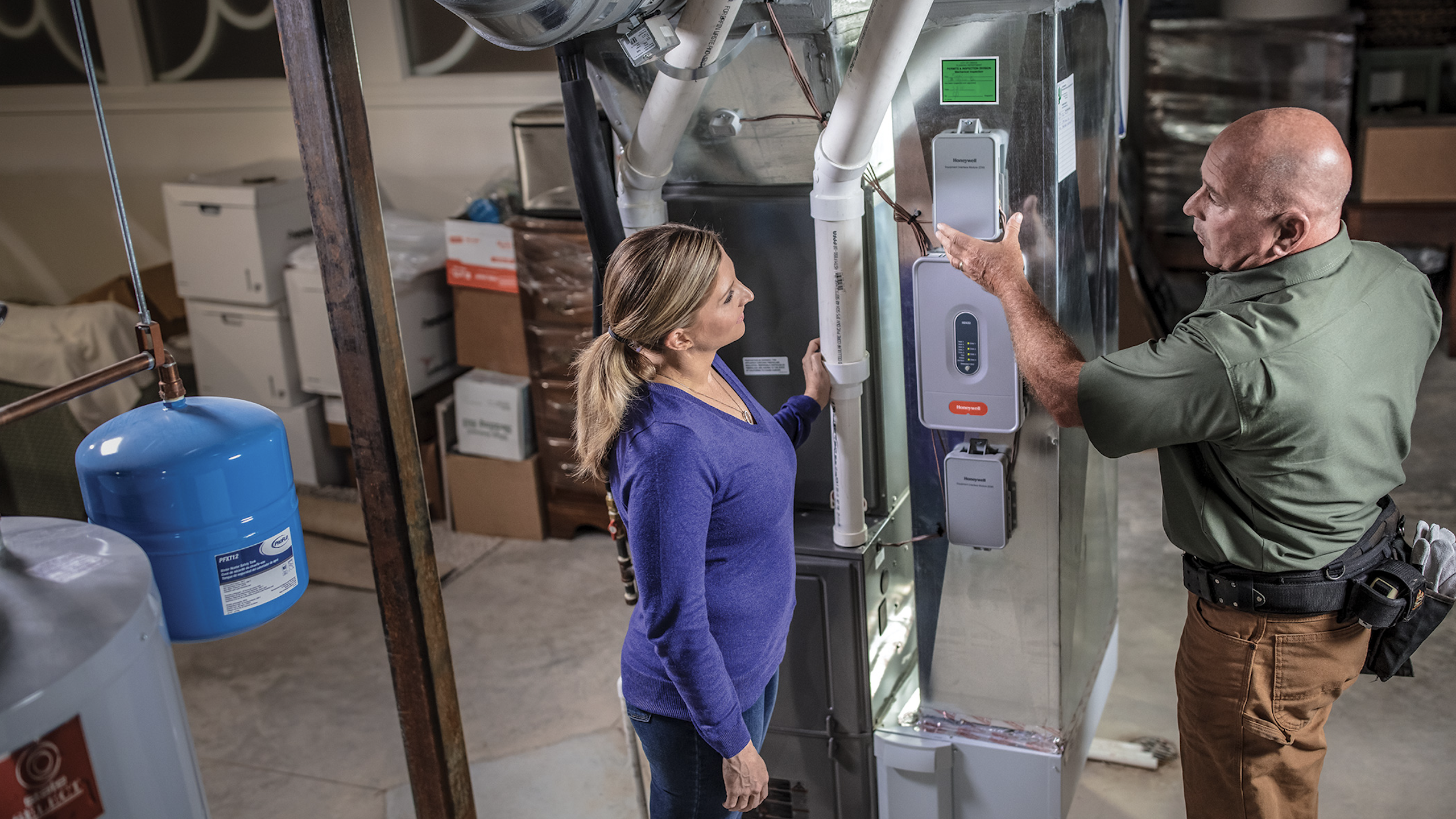Leading U.S. investors today named nine companies to a Climate Watch List, citing concerns that the firms are lagging behind their industry peers and are potentially undermining their long-term competitiveness in responding to the business challenges from global climate change. Investors filed shareholder resolutions with eight of the nine companies – and 49 other businesses – aimed at improving their focus and attention to the financial risks and opportunities from climate change.
The Climate Watch companies include influential coal companies, oil and power producers and other businesses that investors believe are not adequately dealing with climate-related business impacts, whether from physical changes, emerging climate regulations or growing global demand for low-carbon technologies and services. Two of the oil companies were targeted for extensive investments in Canada’s oil sands region, where carbon-intensive extraction technologies are being used to produce more than one million barrels of oil each day.
The resolutions are among a record 63 global warming resolutions filed with 56 U.S. companies and one Canadian company as part of the 2009 proxy season. The resolutions, seeking greater disclosure from companies on their financial exposure and response strategies to climate-related business trends, were filed by some of the nation’s largest public pension funds, as well as labor, foundation, religious and other institutional shareholders, who collectively manage more than $1.9 trillion in assets. The shareholder filings are coordinated by the Ceres investor coalition and the Interfaith Center on Corporate Responsibility (ICCR), a group of faith-based investors.
The Climate Watch companies include: Electric Power: Southern; Coal: Massey Energy and Consol Energy; Oil & Gas: Ultra Petroleum, ExxonMobil, Chevron, and *Canadian Natural Resources; Automotive: General Motors; and Home building: Standard Pacific.
* Resolutions were filed in previous years, but not in 2009. See explanation below in paragraph on the company.
“Companies in every industry, especially energy sectors, must assess and mitigate climate change risks,” said New York City Comptroller William Thompson Jr., whose office oversees $115 billion in pension fund assets and filed resolutions with electric power and coal companies. “Investors require full and transparent disclosure of the actions companies are taking to address the risks and opportunities of climate change, so that they can make informed investment decisions.”
“These climate watch companies are ignoring a major business trend that will influence their competitive positioning for years to come,” added Mindy S. Lubber, president of Ceres, a coalition of investors and environmental groups. “Given the political shift in Washington, all companies should be minimizing climate risks and maximizing clean energy opportunities. Companies that miss this trend are setting themselves up to fail in the 21st century low-carbon economy.”
Investors announcing the Climate Watch List said the ongoing economic recession should not delay substantive business efforts to address rising global temperatures.
“Despite the unrelenting poor economic news, we know that taking care of our environment is also taking care of the world’s economy,” said Jack Ehnes, Chief Executive Officer of the California State Teachers’ Retirement System (CalSTRS), the nation’s second largest public pension fund which own shares in virtually all of the companies targeted with shareholder resolutions. “We can’t be distracted by short-term concerns at the expense of meaningful action to mitigate the impacts of climate change.”
The Climate Watch List includes two oil companies, Canadian Natural Resources Ltd. and Chevron, for their extensive involvement in Canada’s oil sands extraction project, a carbon-intensive undertaking that has attracted billions of dollars of investment and will be a key topic during President Obama’s visit tomorrow with Canada’s Prime Minister in Ottawa.
“Extraction of oil from oil sands is a risky proposition and will likely in the long term be a disaster for both investors and inhabitants of an increasingly warming planet,” said Margaret Weber, ICCR Board Chair and Adrian Dominican Sisters Coordinator of Corporate Responsibility. “Faith-based investors are mindful of the high externalized costs of oil sands to indigenous communities, to the boreal forest, to watersheds and to our children.”
The Climate Watch companies are as follows:
* Chevron: Chevron is named to the Climate Watch List for its extensive investments in Alberta, Canada’s oil sands, and for resisting shareholder requests to disclose potential financial risks associated with the carbon-intensive project that encompasses millions of acres. Greenhouse gas emissions associated with oil sands development is three times higher than conventional oil extraction and refining according to the investors. Chevron owns 20 percent of a major oil sands extraction effort, the Athabasca Oil Sands Project, and is the operator at a large proposed oil sands project at Ells River, yet its public disclosure of potential financial exposure from climate regulations and other project risks pales in comparison to Shell and Suncor. The resolution outlines key risks from the project and asks that the company report on environmental damage resulting from its expanding oil sands operation. (Green Century contact: Emily Stone, 617-482-0800, and Ceres contact: Andrew Logan,
202-746-0661)
* CONSOL Energy: Given that coal combustion accounts for about one-third of all greenhouse gas (GHG) emissions in the U.S. and given the growing regulatory momentum to reduce emissions from power plants, the New York City Pension Funds filed a resolution with the Pittsburgh-based company requesting a report on how the company is responding to growing regulatory and competitive pressure to significantly reduce GHG emissions. CONSOL is the nation’s largest bituminous coal producer. (NYC Comptroller Contact: Jeff Simmons, 212-669-2636)
* ExxonMobil: ExxonMobil has been unresponsive to investor requests for a decade regarding strategies intended to meet growing demand for diversified clean energy sources. Four climate resolutions filed this year request that: the board develop comprehensive GHG emission reduction goals: that it report on the impact of climate change on emerging markets and on U.S. leadership in achieving energy independence; and that it disclose its plans for developing for renewable energy. The resolutions were filed by the: Tri-State Coalition for Responsible Investment, Jessie Smith Noyes Foundation and Reynolds Foundation, Province of St. Joseph of the Capuchin Order, and Neva Goodwin. (Tri-State Coalition Contact: Pat Daly, 973-509-8800)
* General Motors: Investors have a long, unsuccessful history of filing shareholder resolutions with General Motors and engaging with the company on climate-related business strategies. The resolution filed by the Tri-State Coalition for Responsible Investment asks General Motors to set GHG reduction goals from its products and operations, as other U.S. and foreign automakers have already done. The resolution cites GM’s ongoing litigation to stop California’s clean car standards from being adopted and its lackluster response compared to Ford in developing a business model that accounts for climate change. (Tri-State Coalition Contact: Pat Daly, 973-509-8800)
* Massey Energy: The Virginia-based coal company continues to resist shareholder resolutions requesting the company to develop and disclose a strategy for responding to climate change. Thirty percent of shareholders voted in favor of the resolution last year. Given that coal combustion accounts for about one-third of all GHG emissions in the U.S., the New York City Pension Funds filed a resolution, for the third consecutive year, requesting a report on how the company is responding to growing regulatory and competitive pressure to reduce GHG emissions. Massey is the nation’s 4th largest coal producer. (NYC Comptroller Contact: Jeff Simmons, 212-669-2636)
* Standard Pacific: Unlike other leading homebuilders, Standard Pacific has opposed shareholder requests the past three years to disclose its strategies and performance on energy efficiency and other climate-related issues. The resolution filed by the Nathan Cummings Foundation asks the CA-based homebuilder to adopt quantitative goals for boosting energy efficiency and reducing greenhouse gas (GHG) emissions from its products and operations. Homebuilders have an important role in mitigating climate change because 40 percent of GHGs come from building energy use, and building energy efficiency is one of the most cost effective means of reducing global warming pollution. (Nathan Cummings Foundation Contact: Lance Lindbloom, 212-787-7300, and Ceres contact: Betsy Boyle, Ceres 617-247-0700 X143;)
* Canadian Natural Resources Ltd: One of the largest and most established producers currently active in Canada’s oil sands, the Calgary-based company has refused to date to meet with investors on the issue of climate change, and, unlike other oil companies, it has not made any renewable energy investments. Ethical Funds filed a resolution with Canadian Natural Resources in 2007 requesting that it disclose its climate risks, but the company has not responded to the resolution. CNQ is the only oil company opposing the recommendations of the Government of Alberta’s Cumulative Environmental Management Association Multi-stakeholder process. (Ethical Funds Contact: Robert Walker, 604-714-3833)
* Southern: The nation’s largest electric power producer, which emits more than 160 million tons of CO2 emissions a year, has balked at shareholder resolutions the past several years asking it to set GHG reduction targets. In filing the resolution, the Sisters of Charity of St. Elizabeth cited the company for its adequate climate risk disclosure, but weak action to mitigate that exposure by reducing GHG emissions. Thirty-seven percent of the company’s industry peers, including American Electric Power, Duke Energy and Exelon, disclosed absolute GHG reductions targets in the Carbon Disclosure Project’s most recent annual survey released in 2008. Atlanta-based Southern opposes mandatory federal limits to reduce GHG emissions. (Sisters of Charity of St. Elizabeth, NJ contact: Sr. Barbara Aires, 973-290-5402)
* Ultra Petroleum: Houston-based Ultra has resisted shareholder requests the past three years to disclose its strategies for addressing climate change, despite relatively strong shareholder voting support. While Ultra has a relatively small market capitalization (about $5 billion), its resistance to acknowledging climate change risks puts it out of step with its peers. The resolution filed by the Nathan Cummings Foundation asks the company to report on its plans to address climate change. (Nathan Cummings Foundation Contact: Lance Lindbloom, 212-787-7300, Ceres contact: Andrew Logan, 202-746-0661)
In addition to the Climate Watch companies, investors filed resolutions with the following other businesses. The list of investors filing resolutions with each of the companies can be found at www.iccr.org.
Auto/Transportation: Avis/Budget, Hertz
Banks: Ameriprise, Citigroup, Fifth Third Bancorp, State Street
Building and Big Box Companies: Bed, Bath & Beyond, Boston Properties, General Growth, Home Depot, Las Vegas Sands, Lennar, Pulte Homes, Ryland
Coal: Alpha Natural Resources, Foundation Coal, International Coal
Electric Power: Dominion, Dynegy, Idacorp, Mirant, NV Energy (formerly Sierra Pacific)
Forestry: International Paper, Meredith, RR Donnelly
Oil & Gas: ConocoPhillips, Haliburton, Noble Energy, Oneok, Range Resources, South Jersey Industries, Spectra
Other S&P 500 Companies: Apple, Aqua America, Assurant, Broadcom, Denbury Resources, Dover Corporation, Flowserve, Kadant, MetLife, Middleby, Novell, SanDisk, Southwest Airlines, St. Jude, Stryker, Valmont.
Canadian Companies: Great-West Life & Annuity
In addition to the 63 climate resolutions, approximately 14 other resolutions were filed (or are likely to be filed) asking companies to provide a sustainability report to investors, which should include information about how the company is managing climate risk, among other social, environmental and governance issues. In total, there are approximately 30 sustainability resolutions expected to be filed this year -- 16 of the resolutions were sufficiently focused on climate change to be included in the number of climate resolutions filed.
ABOUT CERES
Ceres is a leading coalition of investors, environmental groups and other public interest organizations working with companies to address sustainability challenges such as climate change. Ceres also directs the Investor Network on Climate Risk, a group of 77 institutional investors and financial firms focused on the business impacts of climate change.
ABOUT ICCR
The Interfaith Center on Corporate Responsibility is a coalition of nearly 300 faith-based institutional investors representing over $100 billion in invested capital. ICCR members bridge the divide between morality and markets by envisioning a civic economy that integrates ethical, environmental and social values. Inspired by faith, committed to action, ICCR members work to build a just and sustainable global community.
Related Stories
Custom Builder
3 Questions Answered About Reliable Energy in Home Construction
Energy expert Bryan Cordill makes a case for why and how propane is an answer to growing concerns about reliability and resilience in home construction
Business
PERC Highlights Sustainability and Efficiency at IBS with 'Clean Build Conversations'
Hear from industry standouts Matt Blashaw and Anthony Carrino at this hour-long Show Village event
Construction
How to Air Seal the Garage
A poorly sealed wall or ceiling between the garage and the main house can let harmful fumes into the living space
New Home
Hosting Multiple Generations for Generations to Come
Despite juggling numerous program and site considerations, architect Joel Wenzel designed a long-lasting, multi-generational retreat that nestles seamlessly into its bucolic surroundings
Custom Builder
How the Zero Energy Ready Home Update Emphasizes Resilience and Decarbonization
ZERH Version 2, released in December of 2022, will boost the efficiency and performance of single-family homes, preparing them for the increasingly oppressive weather
Business
The Fundamental Integration of Sustainability and Architecture
California architect Ryan McDaniel provides real-world insights and examples into how he approaches sustainability for his projects.
Codes & Standards
An Introduction to the Zero Energy Ready Home Program
Late in 2022, the U.S. Department of Energy's Zero Energy Ready Home program announced the rollout of ZERH Single Family Version 2
Construction
Guest Column: Residential Construction Trends to Follow in 2023
PERC shares homeowner trends to keep on your radar in the New Year.
Business
Stretching the Budget to Meet the Massachusetts Stretch Code
We take a look at Massachusetts' Stretch Code and how it's affecting design and construction on The House That Blues Built
Green & Sustainable
Sustainability Pioneers: 5 Brands to Watch
These leading manufacturers are committed to creating a more sustainable future for the building industry. Here are the steps they're taking to accomplish that












